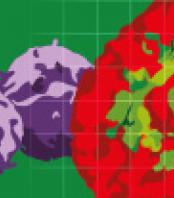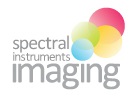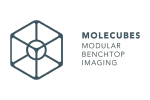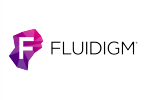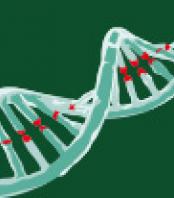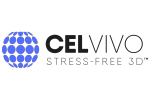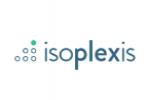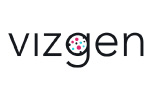With the increasing democratization of high-throughput sequencing (HTS) technologies, along with the concomitant increase in sequence yield per dollar, many researchers are exploring HTS for microbial community ecology. Many elements of experimental design can drastically affect the final observed community structure, notably the choice of primers for amplification prior to sequencing. Some targeted microbes can fail to amplify due to primer-targeted sequence divergence and be omitted from obtained sequences, leading to differences among primer pairs in the sequenced organisms even when targeting the same community. This potential source of taxonomic bias in HTS makes it prudent to investigate how primer choice will affect the sequenced community prior to investing in a costly community-wide sequencing effort. Here, we use Fluidigm's microfluidic Access Arrays (IFC) followed by Illumina MiSeq Nano sequencing on a culture-derived local mock community to demonstrate how this approach allows for a low-cost combinatorial investigation of primer pairs and experimental samples (up to 48 primer pairs and 48 samples) to determine the most effective primers that maximize obtained communities whilst minimizing taxonomic biases.
Read more
